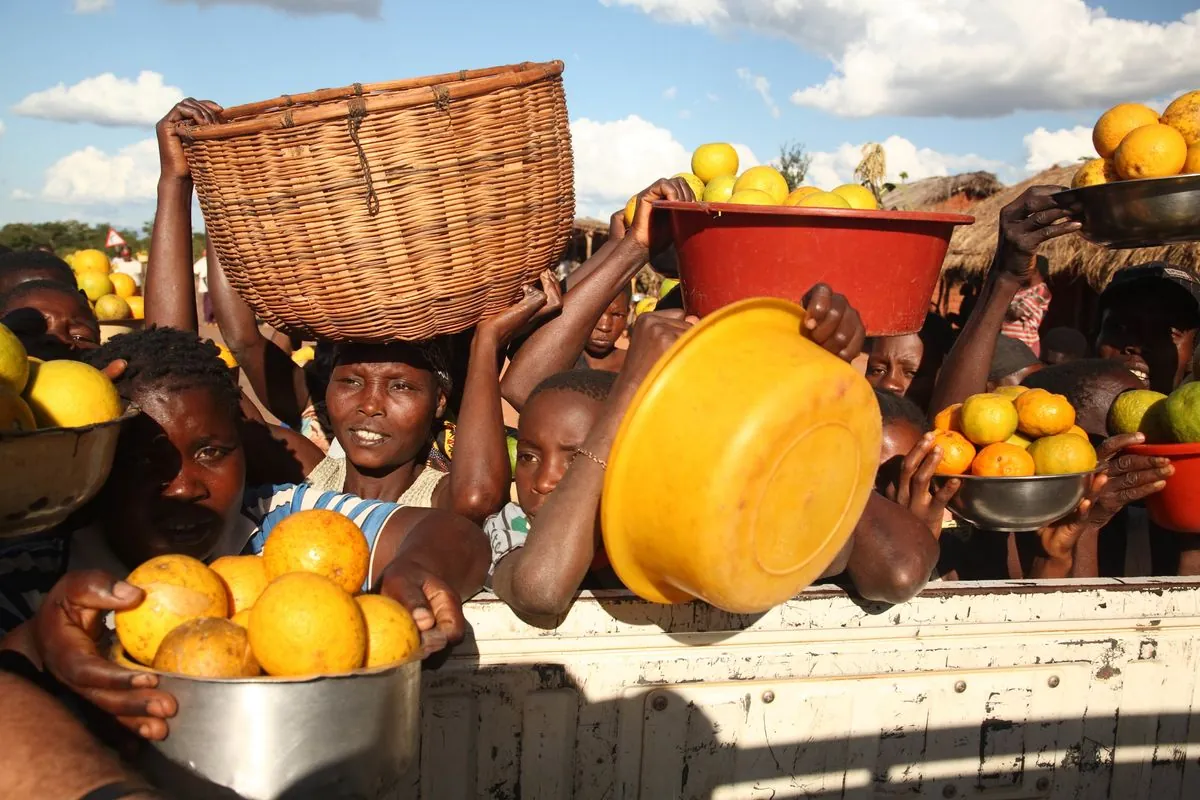As Mozambique prepares for its presidential election on October 11, 2023, the southeast African nation grapples with mounting economic challenges that will test the mettle of its next leader. The country, which gained independence from Portugal in 1975, faces a complex web of financial difficulties, including a debt burden nearly equivalent to its annual GDP and delayed gas projects crucial for its economic future.
Daniel Chapo, the ruling party's candidate, leads the race among four contenders vying to succeed Felipe Nyusi as president. The winner will inherit a nation struggling with escalating borrowing costs and limited financing options, compelling the government to embrace fiscal discipline. This situation is exacerbated by postponements in gas revenue generation, leaving Mozambique with few alternatives to refinance its substantial debt.
Gabriel Muthisse, a former transport and communications minister, highlighted the gravity of the situation, stating, "Debt in the country is rocketing. Debt servicing is (diverting)...resources that could be used to finance the real economy." This financial strain is reflected in the yield on Mozambique's international bond due 2031, which stands at nearly 13%.
The country's economic woes are compounded by the lingering effects of the "tuna bonds" scandal from about a decade ago. This controversy, involving misappropriated loans for a fishing fleet, led to Mozambique defaulting on its debt and the International Monetary Fund (IMF) suspending lending. Although Credit Suisse settled the matter out of court last year, the incident's repercussions continue to impact the nation's financial credibility.
Mozambique's path to economic recovery is fraught with challenges. The country, with its 2,470 km coastline along the Indian Ocean, possesses significant natural resources, including vast gas fields that could potentially transform its economy. However, the development of these resources has been hampered by Islamist violence, causing delays in projects led by TotalEnergies and ExxonMobil.
Kevin Daly, a portfolio manager at Abrdn, which holds Mozambique's 2031 international bond, emphasized the limited financing options available for the country's deficit. While Mozambique secured a $456 million deal with the IMF in May 2022, this program is set to expire in 2024, necessitating renegotiation.
The nation's economic future heavily depends on the successful development of its oil and gas fields. Thys Louw, a portfolio manager at global asset manager Ninety One, underscored this point, stating, "The future of the economy is really based on the development of these oil and gas...(fields)." However, ongoing security concerns have dampened investor enthusiasm, shifting the sentiment from excitement to cautious observation.
Tshepo Ncube, head of International Coverage at Absa Corporate and Investment Bank, noted the change in investor attitude: "There was a time where everyone was excited and waiting to go into Mozambique. Now it is all about: 'let's see how it plays out'."
Despite these challenges, Mozambique's economy remains one of the fastest-growing in Africa. The country's diverse natural resources, including coal, titanium, and graphite, offer potential for economic diversification. Additionally, sectors such as agriculture, which engages about 80% of the population, and tourism, showcased by attractions like the Gorongosa National Park and the Bazaruto Archipelago, present opportunities for sustainable development.
As Mozambique navigates these economic hurdles, the incoming administration must balance fiscal discipline with strategic investments in key sectors. The country's young population, with a median age of about 17 years, represents both a challenge and an opportunity for future growth. Addressing issues such as the low literacy rate of approximately 60% and improving infrastructure will be crucial for harnessing this demographic potential.
In conclusion, Mozambique stands at a critical juncture. The outcome of the upcoming election and the subsequent economic policies will play a pivotal role in determining whether the country can overcome its current challenges and leverage its natural resources and human capital for sustainable growth and development.
